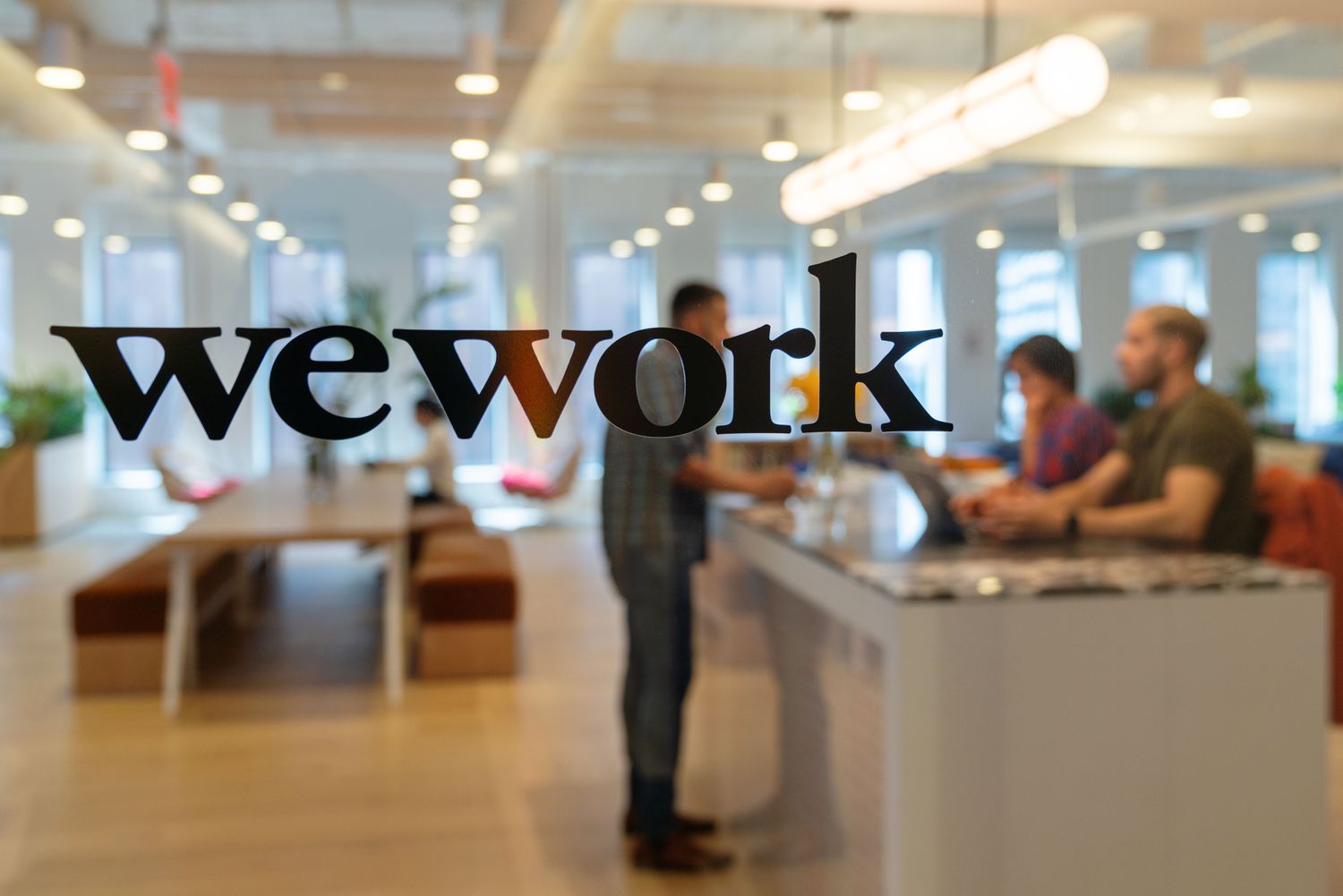Follow the Money

It doesn't take a genius to find out why great businesses still won't succeed... they don't have consumers: they don't make money. In fact, 36% of startups fail because they create a product/service that nobody wants or needs. The problem with publicly traded companies is numbers can be manipulated: earnings per share, net income, and other statistics can be altered legally. One thing stays constant in a company however, cash flow.
Cash Flow > Profit
Cash flow for publicly traded companies is more than just money in and money out; it shows exactly where every dollar is going in the company. Every dollar not accounted for in one of the following types of cash flow is a dollar to be concerned about. Here are some of the types of cash flow:
-
Operating Cash Flow (OCF): Cash from daily business
-
Investing Cash Flow (ICF): Cash spent on business growth
-
Financing Cash Flow (FCF): Cash raised or paid back (dividends, stock buybacks, debt)
All three of these factors work harmoniously together to create the backbone of a business as a whole – let alone a publicly traded one. Profit is not as simple as: revenue minus expenses, like we may have learned. For publicly traded companies profit can include things like unpaid invoices, future sales, or even expected raised capital. There is a pretty obvious problem here, you can't spend the money you didn't make!
A Reliable Cushion
In your personal finances it's no secret that there is a subconscious comfort that comes with having a "cushion" by having 6-12 months of salary saved up in cash just in case something happens. Why would you invest your money in a company that doesn't have the same comfort? With this extra cash companies have plenty of choices on what to improve in their business, without us investors having to be worried about the validity of the statistic. Sometimes share buy backs are needed, debt needs to be payed off, or dividends need to be raised; and all are possible when the company you invest in has plenty of capital.
Failures of Profit Without Cash Flow
What I am portraying sounds something to be skeptical about... how can a company that illustrates profit not have cash flow? Let's look at some companies that defined this failure principle:
- WeWork (2019) - WeWork reported net losses of $700 million and negative OCF of $500 million. This was consistent with what was being reported with the annual net loss was around $3 billion. A blaring red alarm is being sounded when this is seen in earnings and statistics. Reaching into their pockets for money they didn't have to pay for things that weren't being used; the loss in OCF predicted the beginning of the end.
- Enron (2001) - Enron reported net income in 2000 of $979 million. However, it was reported when they filed for bankruptcy that actual earnings were $42 million. The reality was deceiving from them cooking the books. One thing stayed constant: their free cash flow didn't match up with their income at all. Claiming a $3 billion FCF, an abnormally large number for the company that contradicted the other falsified statistics.
As mentioned, both of these companies went bankrupt, causing their stock to be worthless once the news hit the public. Granted, these examples are very extreme, but it shows the weight of predictability that following the money gives.
*This article is for informational and educational purposes only. It should not be considered financial, investment, or trading advice, nor a recommendation to buy or sell any securities or financial instruments. Past performance is not indicative of future results. Markets are volatile and unpredictable; no indicator is foolproof.
Sources:





